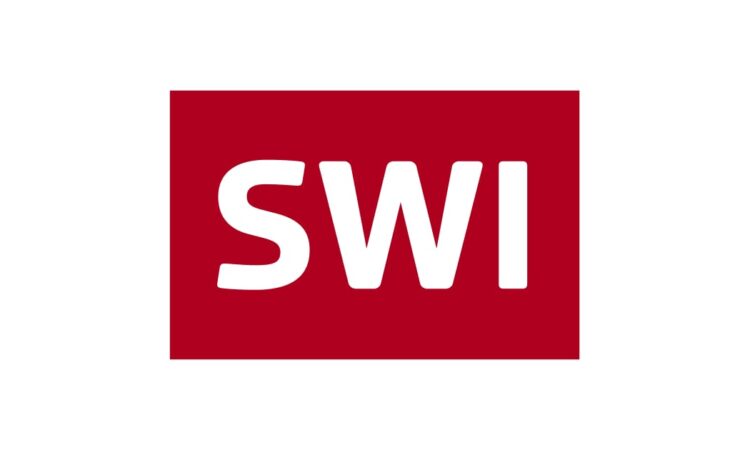
(Bloomberg) — Asian markets are set to rise in early trading after President Donald Trump held off from imposing sweeping trade tariffs in his first day in office.
Equity futures in Australia, Japan, Hong Kong and mainland China all pointed to gains when markets open, as did their US peers. Asian currencies are poised to strengthen after Bloomberg’s gauge of the dollar dropped more than 1% Monday. Australian bonds rallied.
After being sworn into office Monday, Trump promised to sign a series of executive orders, including one that declares a national emergency at the U.S.-Mexico border. For now though, the executive action will not include new tariffs on the three biggest US trading partners. The president instead ordered his administration to address unfair trade practices globally, suggesting he will take a more deliberative approach to trade relations.
“The fact that we’re seeing signs of a more conciliatory relationship between the US and China, and the fact there could be a more tactful application of tariffs is great for the region,” said Kyle Rodda, a senior analyst at Capital.com in Melbourne. “Trump is pretty mercurial and it all could change in a Twitter post, but for now it’s filling investors with confidence that the worst of the trade war may not materialize.”
Investors had been on tenterhooks for the first executive orders to stem from the White House after Trump vowed to quickly implement his “America First” policy agenda. Since his November election victory, everything from the Australian dollar to European equities have been whipsawed on concern that widespread tariffs would unleash global trade frictions, while the dollar surged as the Federal Reserve turned more cautious on easing policy.
An index of Asian currencies this month fell to a record low in data starting in 2006 amid broad greenback strength, while the region’s central banks turned dovish to shore up their economies amid concern economic growth would be crimped. Bank Indonesia last week unexpectedly cut interest rates, while the Bank of Korea stood pat to help the beleaguered won.
S&P 500 futures contracts rose 0.4% on Monday, with Wall Street closed for a holiday. Emerging-market currencies climbed for a fifth day, the longest winning streak since September, amid optimism over the absence of any new tariffs.
Monday’s whipsaw moves in equity futures and currencies, on a day when much of US trading was closed, nevertheless provided a foretaste of the uncertainty and volatility to come, according to Michael Green, chief strategist at Simplify Asset Management.
“The challenge becomes are you protecting against the risk of tariffs, or the risk that expected tariffs are not going to be put on?” Green said on Bloomberg Television. “It becomes a really challenging environment, one that likely translates to higher implied volatility.”
Elsewhere in Asia Tuesday, Chinese property developers will be in focus after Bloomberg reported officials are taking steps to stabilize operations at China Vanke Co. Trading in three of Vanke’s yuan bonds was halted Monday after prices surged 20% or more following the report that officials of Shenzhen, the southern metropolis where Vanke is based, held a closed-door meeting to discuss the company on Friday.
In commodities, oil slumped after Trump said he plans to invoke emergency powers in order to boost domestic crude production and held off on tariffs that may have restricted supplies. Gold was little changed.
Here’s how Wall Street reacted as Trump was sworn into office:
Steve Chiavarone, senior portfolio manager and head of multi-asset at Federated Hermes:
Generally speaking, the market views Trump’s agenda as being pro-growth. The focus today for markets is primarily on tariff policy. There wasn’t anything really new there during the inaugural speech. That’s one reason why the dollar is softer and markers are higher. The executive orders will be the next area to watch.
Steve Sosnick, chief strategist at Interactive Brokers:
The weaker dollar is thanks to reports of milder tariffs, which should be good for stocks of the multinationals that dominate major indices. Crypto is off its highs – maybe he didn’t give it enough love in his speech.
John McClain, portfolio manager at Brandywine Global Investment Management:
The market will be aggressively trading headlines in the coming days. Longer-term patient investors should take advantage of volatile swings in sentiment.
Key events this week:
- The annual World Economic Forum in Davos begins, Monday
- Donald Trump to be sworn in as 47th president of US, Monday
- UK jobless claims, unemployment, Tuesday
- Canada CPI, Tuesday
- ECB President Christine Lagarde and other officials speak at Davos, Wednesday
- South Korea GDP, Thursday
- Eurozone consumer confidence, Thursday
- Trump will join the World Economic Forum for an online “dialogue”
- Japan CPI, rate decision, Friday
- India, euro area, UK PMIs, Friday
- ECB President Christine Lagarde and BlackRock CEO Larry Fink speak at Davos, Friday
Some of the main moves in markets:
Stocks
- Hang Seng futures rose 1.6% as of 7:22 a.m. Tokyo time
- S&P/ASX 200 futures rose 0.3%
Currencies
- The Bloomberg Dollar Spot Index fell 1.1%
- The euro was little changed at $1.0414
- The Japanese yen was little changed at 155.64 per dollar
- The offshore yuan was little changed at 7.2631 per dollar
Cryptocurrencies
- Bitcoin rose 0.2% to $102,685.7
- Ether rose 0.2% to $3,288.43
Bonds
- Australia’s 10-year yield declined four basis points to 4.44%
Commodities
- Spot gold rose 0.2% to $2,708.21 an ounce
This story was produced with the assistance of Bloomberg Automation.
©2025 Bloomberg L.P.



